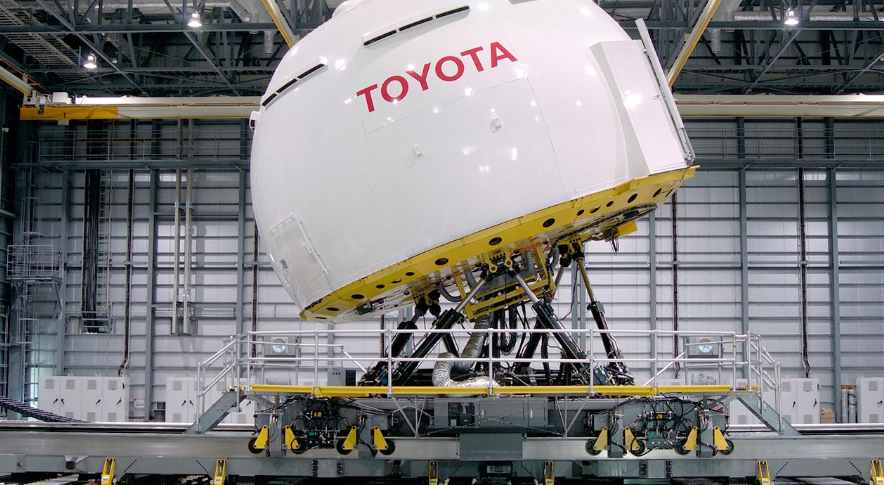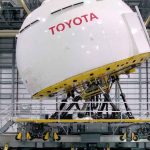Toyota to spend more than $13.5 billion to develop batteries and its battery supply system by 2030

One of the reasons for the slow adoption of electric vehicles is cost. According to a U.K survey, 37 percent of people say the most common reason for not buying an electric vehicle was a lack of fast charging points followed by 35 percent who said they were concern about range. Another 33 percent cited price as the reason for electric car hesitancy.
While electric vehicles come with fewer moving parts than internal combustion engine vehicles, the most expensive part is the lithium-ion battery. To bring down the overall cost of electric vehicles, companies like Tesla and General Motors are investing millions of dollars in research and development to develop better and efficient batteries with more mileage. Late last year, Tesla unveiled a new ‘tabless’ battery cell with 500% more power. Tesla said the new technology could improve the driving range of its cars.
Tesla is not alone. Today, Toyota announced it plans to spend more than $13.5 billion by 2030 to develop batteries and its battery supply system, in a bid to take a lead in the key automotive technology over the next decade, according to a report by Reuters. Toyota is the world’s largest automaker by volume. The company, which pioneered hybrid gasoline-electric vehicles with the popular Prius, also said it is moving rapidly to deliver its first all-electric line-up next year.
Per Reuters, Toyota said it aimed to slash the cost of its batteries by 30% or more by working on the materials used and the way the cells are structured.
“Then, for the vehicle, we aim to improve power consumption, which is an indicator of the amount of electricity used per kilometer, by 30%, starting with the Toyota bZ4X,” Chief Technology Officer Masahiko Maeda told a briefing, referring to an upcoming compact SUV model.
The company is also the front runner to mass produce solid-state batteries – a potential game-changer for automakers because they are more energy-dense, charge faster, and are less prone to catching fire. If developed successfully, they could replace liquid lithium-ion batteries.
While it was still struggling with the short service life of these cells, Maeda said there was no change in Toyota’s target to begin manufacturing solid-state batteries by the mid-2020s.
“We are still searching for the best materials to use,” he said.
Toyota is currently considered a leader in developing batteries for electric vehicles. In recent years, efforts to mass-produce solid-state batteries have stumbled because they are expensive to manufacture and are prone to crack when they expand and contract during use.




